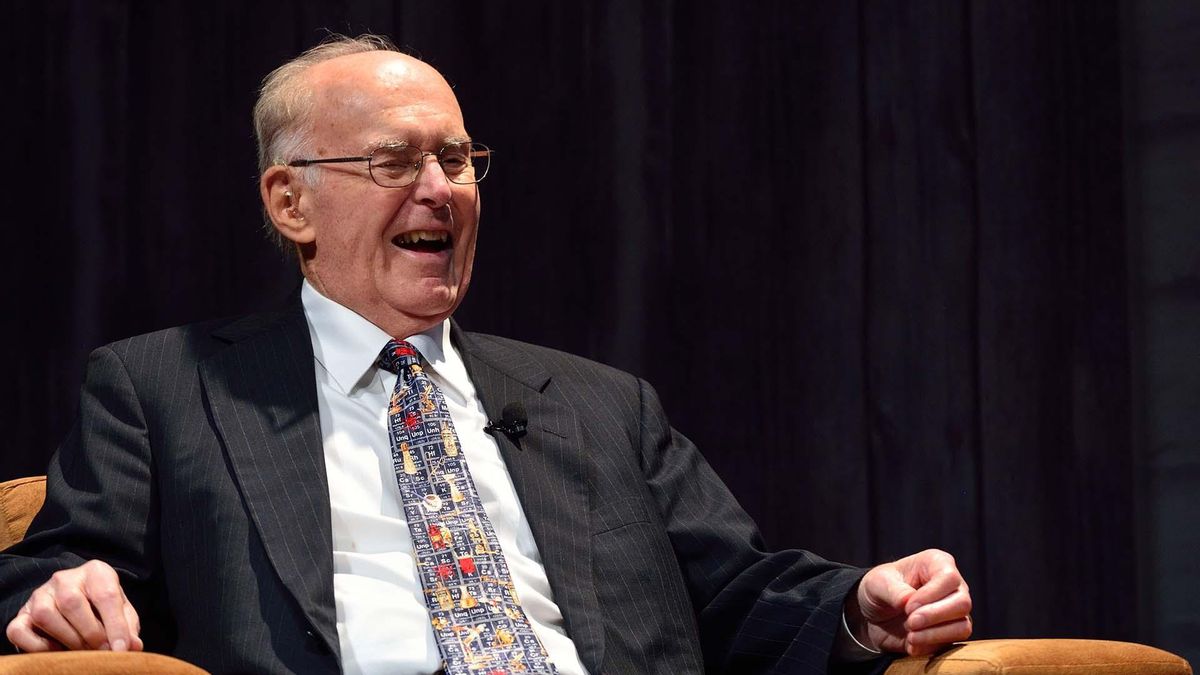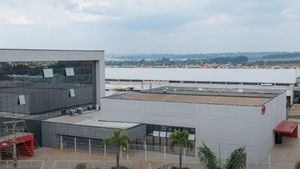JAKARTA - Intel Corp founder Gordon Moore, who is a pioneer in the semiconductor industry and is known through "Premander Law" which predicts a decades-long increase in computing power, died on Friday, March 24 at the age of 94, the company announced.
Intel and the Moore family philanthropic foundation said he died near his family at his home in Hawaii.
Joining Intel in 1968, Moore was an engineer who was diligent in tech figure triumviratists who eventually placed "Intel Inside" processors on more than 80% of private computers around the world.
Today, we lost a visionary. Gordon Moore, thank you for everything. pic.twitter.com/bAiBAtmd9K
— Intel (@intel) March 25, 2023
In an article he wrote in 1965, Moore observed that, thanks to technological upgrades, the number of transistors in the microchip has almost doubled each year since integrated circuits were discovered several years earlier.
It is predicted that this trend will continue to be known as "Premander Law" and, then amended to every two years, helping to encourage Intel and competing chip manufacturers to aggressively target their research and development resources to ensure that these practical rules become a reality.
"Integrated circuits will lead to miracles such as home computers - or at least terminals connected to central computers - auto control for cars, and personal portable communications equipment," Moore wrote in his paper, two decades before the PC revolution and more than 40 years before Apple launched the iPhone.
After Moore's article, chips became more efficient and cheaper at an exponential pace, helping to drive the advancement of world technology for half a century and allowing the presence of not only private computers, but also the internet and Silicon Valley giants like Apple, Facebook, and Google.
"It's great to be in the right place at the right time," Moore said in an interview around 2005. "I was very lucky to be able to enter the semiconductor industry in his childhood. And I had the opportunity to develop from time when we couldn't make a single silicon transistor into a time when we put 1.7 billion of them on a chip! It's been an incredible journey."
In recent years, Reuters reported, rival Intel such as Nvidia Corp argues that Moore's Law is no longer valid as the increase in chip manufacturing has slowed down.
But despite stumbling in chip manufacturing that has caused Intel to lose its market share in recent years, current CEO Pat Gelsinger said he still believes Moore's Law is still in effect as the company invests billions of dollars in recovery efforts.
Morris Chang, founder of Taiwan Semiconductor Manufacturing Co Ltd (TSMC) (2330.TW), the world's largest contract chipmaker, said Moore was a great friend and respected for more than six decades.
"With Gordon gone, almost all my first-generation semiconductor colleagues have left," Chang said in a statement released via TSMC.
The English, Chinese, Japanese, Arabic, and French versions are automatically generated by the AI. So there may still be inaccuracies in translating, please always see Indonesian as our main language. (system supported by DigitalSiber.id)













